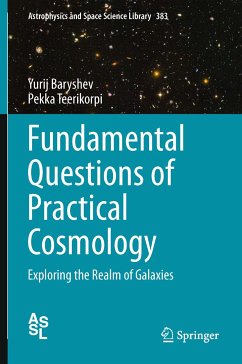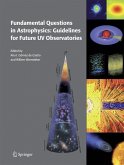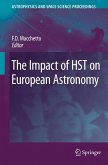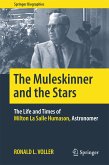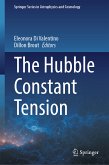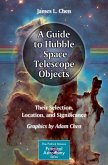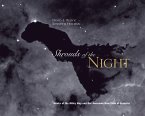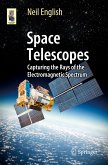This book guides readers (astronomers, physicists, and university students) through central questions of Practical Cosmology, a term used by the late Allan Sandage to denote the modern scientific endeavor to find the cosmological model best describing the universe of galaxies, its geometry, size, age, and matter composition. The authors draw on their personal experience in astrophysics and cosmology to explain key concepts of cosmology, both observational and theoretical, and to highlight several items which give cosmology its special character. These highlighted items are: - Idiosyncratic features of the "cosmic laboratory" - Malmquist bias in the determination of cosmic distances - Theory of gravitation as a cornerstone of cosmological models - Crucial tests for checking the reality of space expansion - Methods of analyzing the structures of the universe as mapped by galaxies - Usefulness of fractals as a model to describe the large-scale structure - New cosmological physics inherent in the Friedmann world model
Dieser Download kann aus rechtlichen Gründen nur mit Rechnungsadresse in A, B, BG, CY, CZ, D, DK, EW, E, FIN, F, GR, HR, H, IRL, I, LT, L, LR, M, NL, PL, P, R, S, SLO, SK ausgeliefert werden.

